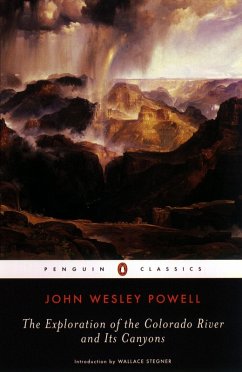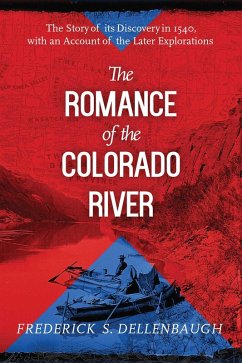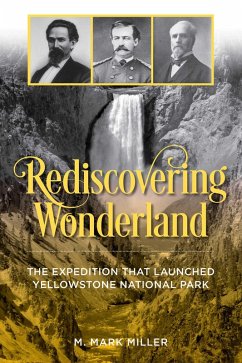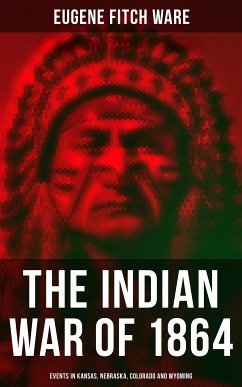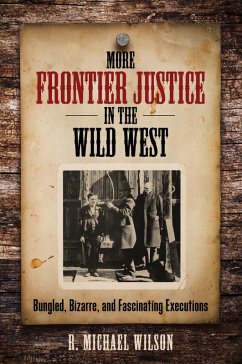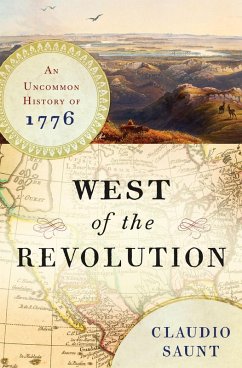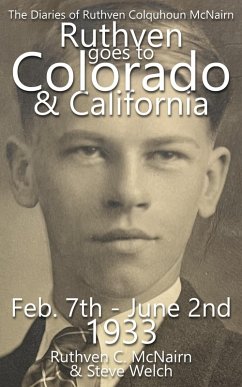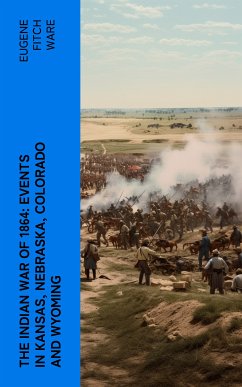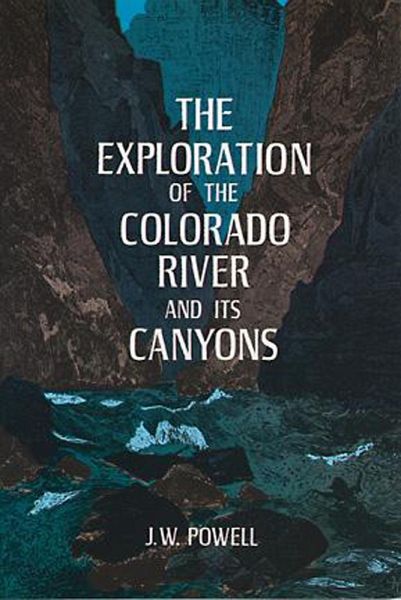
Exploration of the Colorado River and Its Canyons (eBook, ePUB)

PAYBACK Punkte
8 °P sammeln!
Exploration of the Colorado River and Its Canyons (eBook, ePUB)
Dieser Download kann aus rechtlichen Gründen nur mit Rechnungsadresse in A, B, BG, CY, CZ, D, DK, EW, E, FIN, F, GR, HR, H, IRL, I, LT, L, LR, M, NL, PL, P, R, S, SLO, SK ausgeliefert werden.




